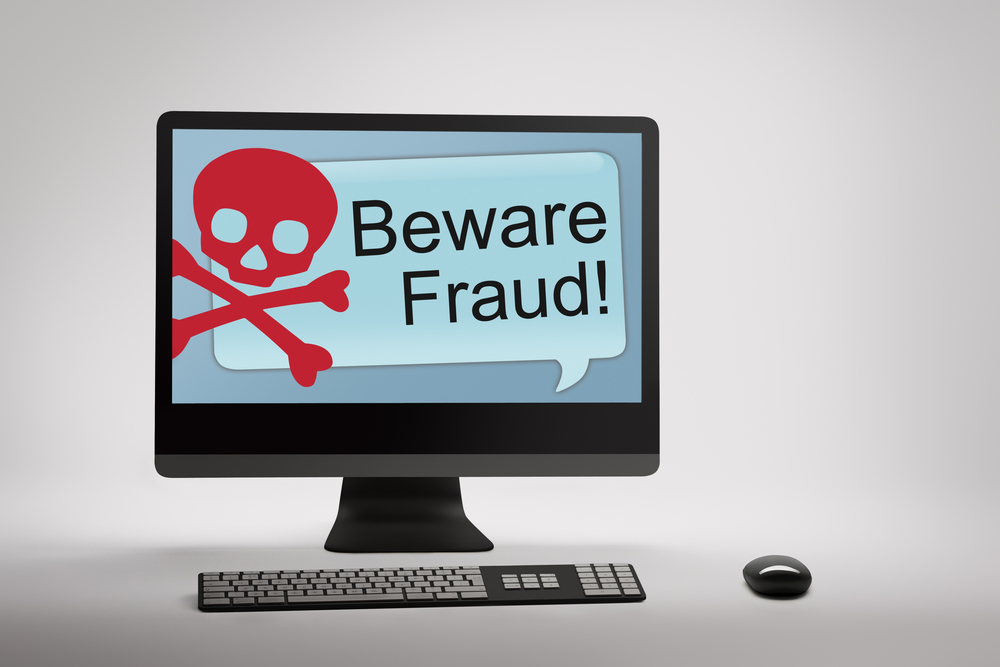News
Scammers clone saving and debt sites

The financial watchdog is warning consumers to be on guard after a number of legitimate sites have been cloned.
Aldermore and National Debtline are the latest sites to be cloned with scammers impersonating the professionals in a bid to gain information and money.
The Financial Conduct Authority (FCA) said consumers should be particularly wary if they’re cold called by a seemingly authorised firm as it could be cloned with fraudsters using the name of a genuine firm to gain details. They may also give out other false details or mix these with some correct details of legitimate firms to dupe consumers.
Aldermore today confirmed its personal savings log-in page was cloned last week but the site was “taken down quickly” and it “has not been alerted to any customer impact”.
A spokesperson, said: “Aldermore takes the online security of its customers very seriously and, when the cloned website was discovered, as part of our on-going monitoring processes, we took swift measures to have it taken down.
“We continually look to increase the security measures of our website and online services and have been making ongoing improvements throughout this year with more planned in the future. We urge customers to be diligent and to contact us directly if they have any questions about staying safe and secure online.”
This follows news this week of debt free advice service National Debtline being cloned. Here, scammers used the name ‘National Debt helpline’ online.
The correct web address for National Debtline is www.nationaldebtline.org.
Joanna Elson OBE, chief executive of the Money Advice Trust, the charity that runs National Debtline and Business Debtline, said: “The government should give the FCA powers to regulate the wider activity of ‘lead generators’ for debt advice. These lead generators often use paid ads that appear at the top of online searches, diverting people away from free charity debt advice providers, and onto commercial firms who may include fee-charging debt management companies.
“These ‘lead generator’ companies that masquerade as National Debtline and other free debt advice providers make it more challenging for people in financial difficulty to get the free, impartial advice they need. Our concern is that these impersonators can lead people into receiving unsuitable and wrong advice at a time when they are most in need of support.”
She urges consumers to check the details of any links being clicked on to make sure they are from the genuine organisation.
“If you have suspicions, report your concerns,” she added.